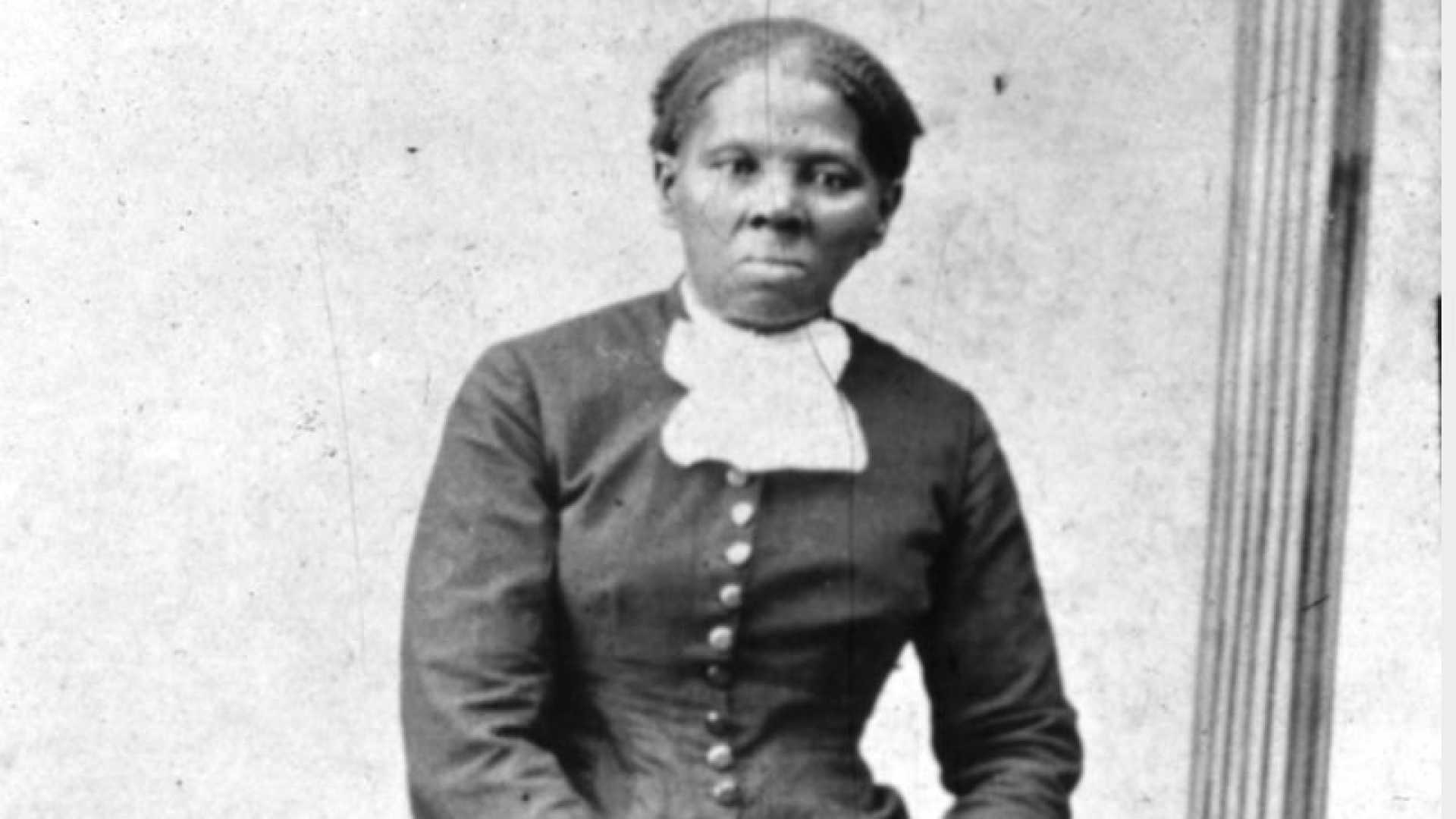News
National Park Service Restores Tubman’s Legacy on Underground Railroad Webpage

Washington, D.C. — The National Park Service (NPS) restored a webpage about the Underground Railroad on April 7, 2025, following significant backlash over the removal of images and quotes featuring abolitionist leader Harriet Tubman. The revisions were made in February, sparking outrage from historians and civil rights advocates.
The original webpage prominently displayed a photo of Tubman and her quote, detailing her pivotal role in the Underground Railroad, which helped enslaved people escape to freedom. This content was altered in February, replaced by a collage of commemorative stamps and text that shifted focus from resistance against enslavement to a message about racial cooperation.
According to records from the Wayback Machine, the NPS page previously emphasized Tubman’s contributions, but the edit changed the narrative to highlight cooperation among races, erasing essential historical context about slavery and the Fugitive Slave Act of 1850. These adjustments were reportedly made without the approval of senior leadership within the NPS or the Department of the Interior.
An NPS spokesperson confirmed the restoration of the webpage, stating, ‘Changes to the Underground Railroad page on the National Park Service’s website were made without approval from NPS leadership nor Department leadership. The webpage was immediately restored to its original content.’ The webpage had been altered since at least February 21, according to archives, with critical historical references omitted or rewritten.
Civil rights attorney Ben Crump expressed his concern over the changes, stating, ‘The removal of Harriet Tubman’s image and quote is concerning. Tubman’s legacy and the resistance of enslaved people must never be diminished.’ Similarly, Bernice King, daughter of civil rights leader Martin Luther King Jr., condemned the edits as an ‘attack on truth’ and a refusal to engage with uncomfortable historical narratives.
Historians have criticized the adjustments as both offensive and historically inaccurate. Fergus Bordewich, a historian specializing in the Underground Railroad, noted, ‘To oversimplify history is to distort it. Americans are not infants; they can handle complex and challenging historical narratives.’ His comments reflect a broader concern about the ongoing pressures to sanitize historical education about race and slavery.
This incident is part of a disturbing trend observed during the Trump administration, where various federal agencies have been accused of purging diversity, equity, and inclusion (DEI) content from official webpages. The Department of Defense, for instance, recently admitted to mistakenly removing pages that acknowledged the contributions of diverse groups.
Actress Viola Davis, set to portray Tubman in an upcoming HBO biopic, also weighed in on the issue, expressing her dismay on social media. In a post, she questioned the ongoing trend of diminishing Tubman’s significance in American history, asserting the need to elevate rather than erase such an iconic figure.
The webpage focuses on Tubman’s legacy, celebrating her as the Underground Railroad’s most renowned conductor and highlighting her role as a deeply spiritual advocate for freedom. The NPS operates several historical parks dedicated to Tubman’s life and contributions, underscoring the importance of accurately representing her story and the experiences of enslaved individuals.












